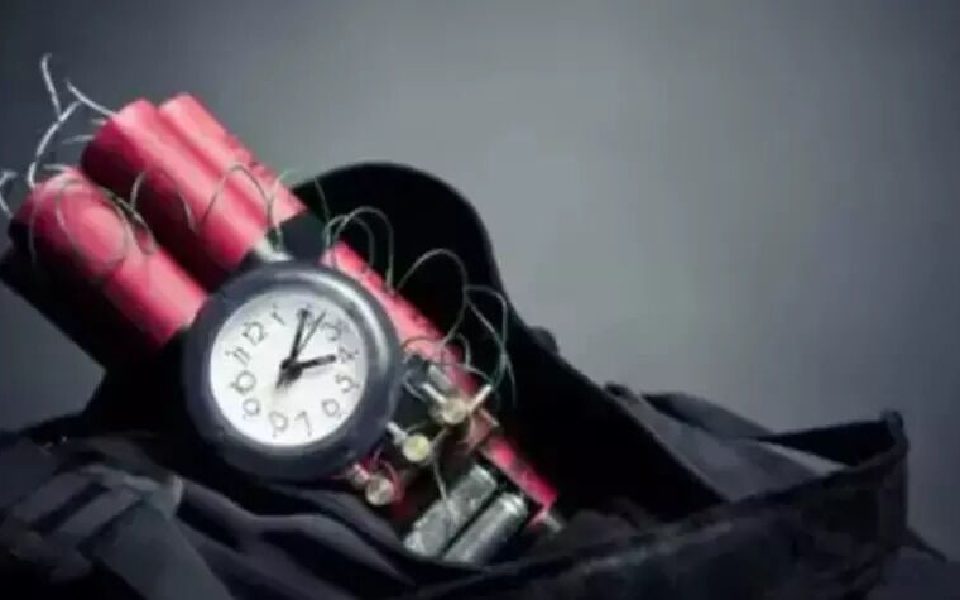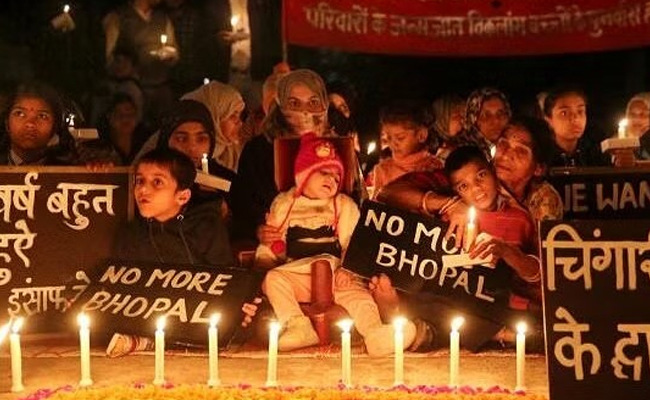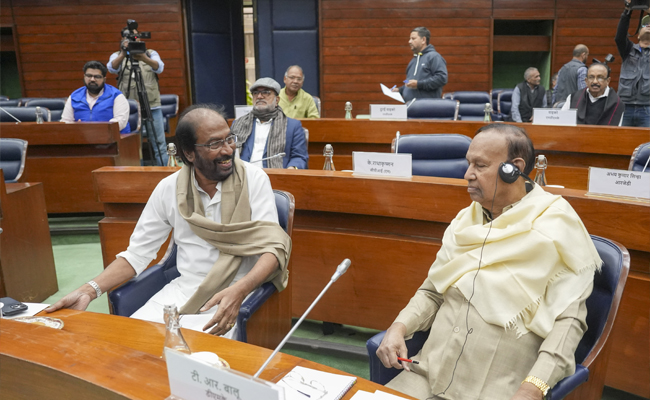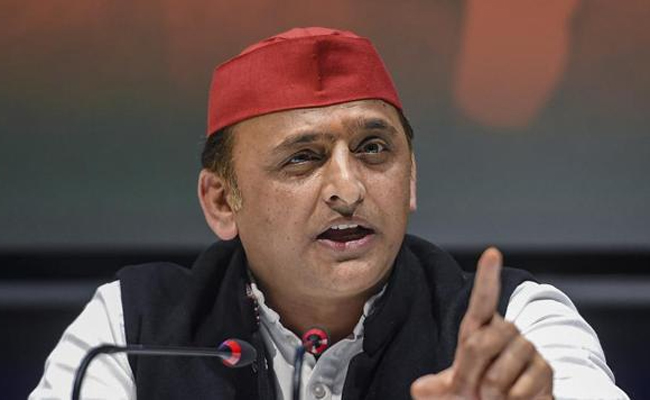Bengaluru: The VV Puram police have apprehended a suspect linked to a bomb threat email sent to a college in the city. The accused, identified as 48-year-old Dipanjan Mitra, hails from the Darjeeling district in West Bengal.
On October 4, Mitra allegedly sent an email threatening to plant a bomb at the Bangalore Institute of Technology (BIT) and BMS Colleges, which fall under the jurisdiction of the Hanumantanagar police station. Utilizing technical methods, police traced the email's origin and located the suspect, who was arrested in Salbury town, Darjeeling, on August 17.
Authorities revealed that Mitra, a B.Com graduate, has been involved in similar cases across various regions in West Bengal. Senior police officials confirmed that they have confiscated a laptop and mobile phones from the arrested individual.
A notice has been issued to facilitate Mitra's transfer to Bengaluru; however, a transit warrant has not yet been obtained from the local court. Police are continuing their investigation into Mitra's potential involvement in other bomb threat emails sent to various educational institutions in Bengaluru.
Let the Truth be known. If you read VB and like VB, please be a VB Supporter and Help us deliver the Truth to one and all.
Bhopal (PTI): The effects of poisonous gases that leaked from the Union Carbide factory in Madhya Pradesh's Bhopal 40 years ago were seen in the next generations of those who survived the tragedy, a former government forensic doctor has said.
At least 3,787 people were killed, and more than five lakh were affected after a toxic gas leaked from the pesticide factory in the city on the intervening night of December 2 and 3, 1984.
Speaking at an event held by organisations of gas tragedy survivors on Saturday, Dr D K Satpathy, former head of the forensics department of Bhopal's Gandhi Medical College, said he performed 875 post-mortems on the first day of the disaster and witnessed 18,000 autopsies the next five years.
Sathpathy claimed Union Carbide had denied questions about the effects of poisonous gases on unborn children of women survivors and said effects would not cross the placental barrier in the womb in any condition.
He said blood samples of pregnant women who died in the tragedy were examined, and it was found that 50 per cent of poisonous substances found in the mother were also found in the child in her womb.
Children born to surviving mothers had the poisonous substances in their system, and this affected the health of the next generation, Sathpathy claimed and questioned why research on this was stopped.
Such effects will continue for generations, he said.
Satpathy said it was said that MIC gas leaked from the Union Carbide plant, and when it came in contact with water, thousands of gases were formed, and some of these caused cancer, blood pressure and liver damage.
Rachna Dhingra of Bhopal Group for Information and Action said Satpathy, who carried out most autopsies, and other first responders in the 1984 disaster, including the senior doctors in the emergency ward and persons involved in mass burials, narrated their experiences during the event.
Rashida Bee, president of the Bhopal Gas Peedit Mahila Stationery Karmchari Sangh, a poster exhibition covering every aspect of the disaster will be held till December 4 to mark the 40th anniversary of the tragedy.
An anniversary rally will be organised, with focus on global corporate crimes such as industrial pollution and climate change, she said.





